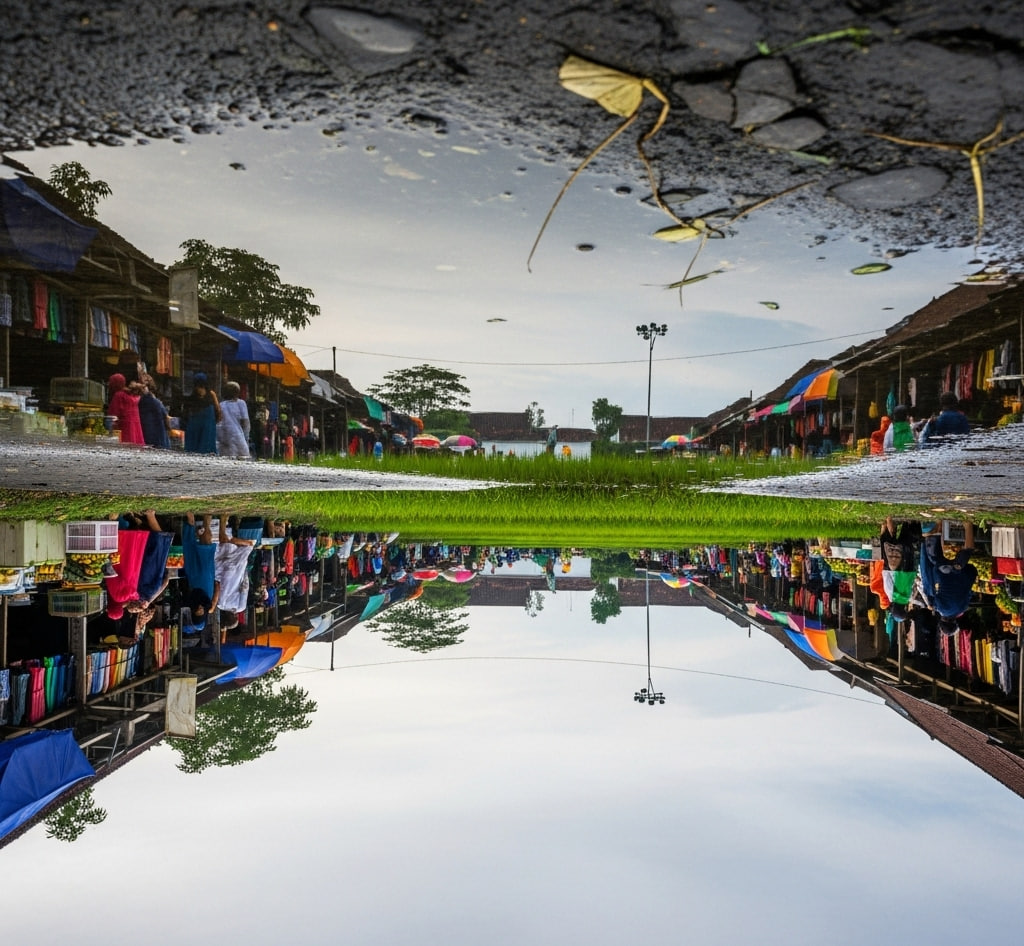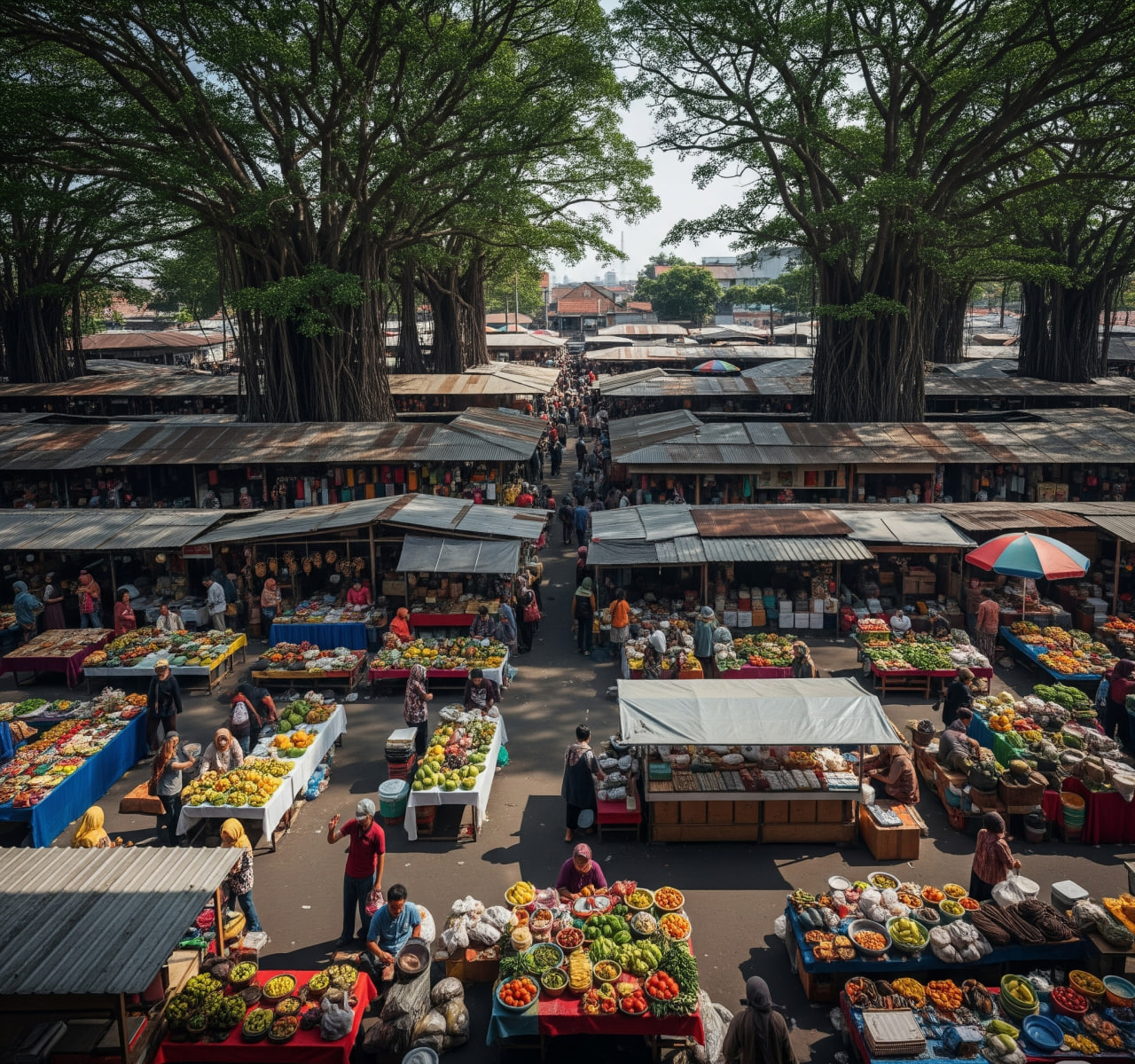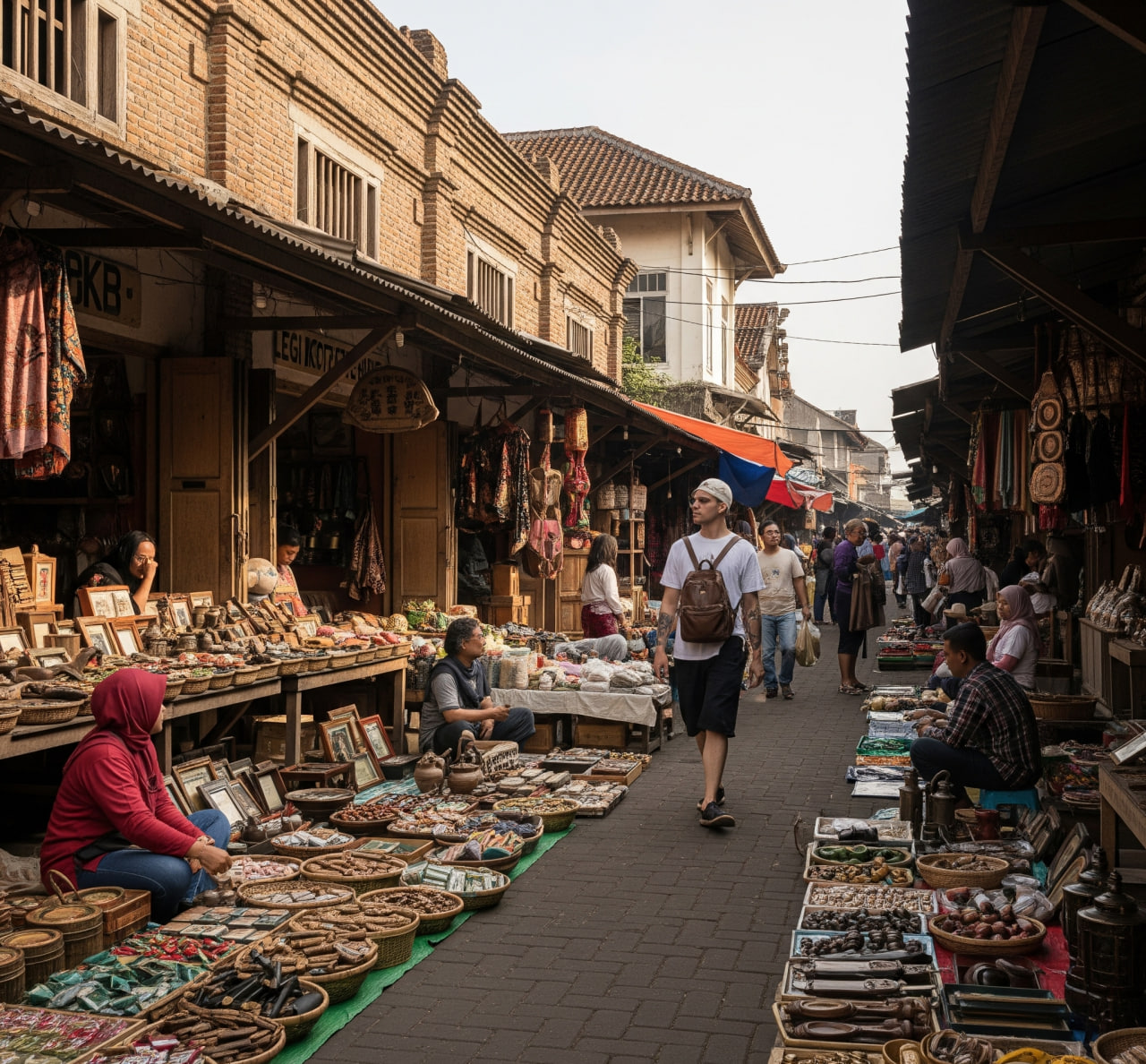News
Maleman: A Warm Ramadan Tradition on Odd Nights
The month of Ramadan always finds a way to embrace us with warmth. As the fasting days draw closer to Eid, one tradition makes the last nights even more special—especially on odd-numbered nights leading up to Idulfitri. It’s called Maleman. If you’ve never heard of it, imagine a night filled with prayers, laughter, and the irresistible aroma of festive foods. This tradition isn’t just about worship; it’s also about togetherness, strengthening social bonds, and filling hearts with joy.
As its name suggests, Maleman takes place on odd nights during the last ten nights of Ramadan. Many in Java believe this period is the best time to seek Lailatul Qadar, the Night of a Thousand Months, when divine blessings are abundant. But Maleman isn’t just about rushing into acts of worship—it has a deeper communal aspect. Across villages and neighborhoods, people gather for tarawih prayers, engage in zikr (remembrance of God) until late at night, and end the evening with a shared meal. Simple? Yes. But the feeling? Truly special.
The origins of Maleman are deeply rooted in Javanese culture, which values gotong royong (mutual cooperation and unity). It is said that in the past, ulama (Islamic scholars) and villagers would come together at mosques or prayer halls, sing Islamic hymns, and recite the Qur’an as a group. Over time, this spiritual gathering evolved into a cherished tradition. Today, Maleman holds a special place in many hearts, not just as a way to get closer to God but also as a bridge that connects people. On these quiet nights, mosques and homes come alive with the sounds of tahlil (praises to God) and warm conversations between neighbors.
How is Maleman observed? It’s simple yet meaningful. The night begins with tarawih and witir prayers in congregation, followed by zikr and collective supplications. Sometimes, a short sermon from a local ustaz (Islamic teacher) is included. Then comes the part everyone looks forward to—the shared meal! Some bring ketupat and opor ayam, while others offer kolak (sweet banana dessert) and traditional cakes. In certain areas, children add to the festive atmosphere by playing with sparklers and small firecrackers. The night is vibrant yet peaceful, blending devotion with the warmth of community.
In today’s world, Maleman might not be as grand as it once was. Some say, "People are too busy now—who has time to gather anymore?" But this tradition has not disappeared. In villages, it remains a treasured moment. Even in cities, some families or community groups make the effort to continue this practice in their homes. In a time where digital screens often replace face-to-face conversations, Maleman serves as a reminder—true happiness comes when we pause, open our hearts, and come together.
So, if this Ramadan you find yourself in a village or have the chance to participate, try joining Maleman. It doesn’t have to be extravagant—what matters is the sincere intention. Who knows? On one of these odd-numbered nights, you might not only receive blessings but also create new memories with loved ones. This tradition proves that faith and culture can beautifully intertwine, making Ramadan even more meaningful. Let’s preserve it together.


